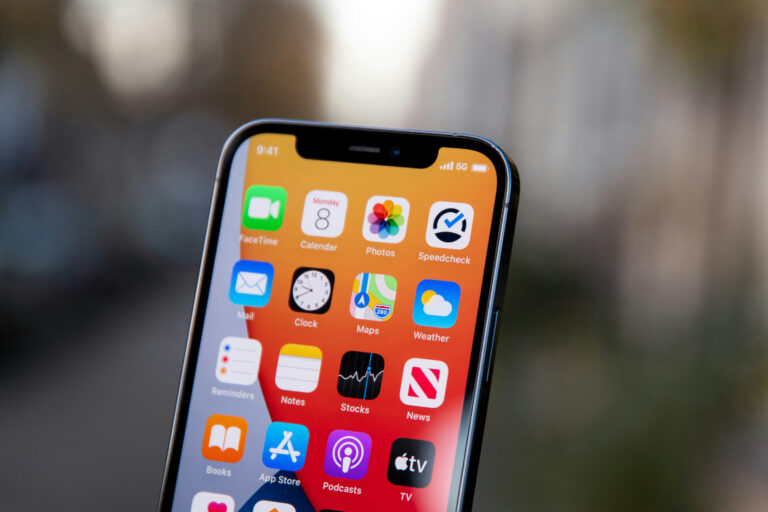Information Technology Services is continuing its rollout of new mobile device security measures as part of a continuous effort to protect you and the university from increasingly sophisticated cyberattacks.
Marquette employees should download the Outlook app prior to Tuesday, Oct. 1, when it becomes the required mobile app to access Marquette email. Those with Apple devices should additionally download and set up Microsoft Authenticator and those with Android devices should additionally download and set up the Intune Company Portal prior to Oct. 1.
As a reminder, whether using a Marquette-owned or personal device, Marquette DOES NOT have access to any of your personal information stored on the device, including text messages, browsing history or photos. Where the capability exists, Marquette chose the option that has the least access while ensuring data can be protected.
Apple mobile devices:
- If you are currently using Outlook as your mobile email app on Apple devices, you were switched to Marquette’s mobile application management the week of July 8. Those not currently using Outlook should download and start using the app prior to Oct. 1.
- Apple mobile device users will be prompted to download and install Microsoft Authenticator on Oct. 1. This application will be replacing Duo Mobile for Multifactor Authentication in the coming months and is required for mobile application management.
Android mobile devices:
- All those with Android mobile devices are required to download the Intune Company Portal first, which will create a work profile for housing all work apps. Then download Outlook from the Company Portal store and start using prior to Oct. 1.
Additional information including instructions for setting up shared calendars and FAQ are available on the IT Servies website.
What are mobile device management and mobile application management?
Mobile application management protected apps — which employees will be asked to download ONLY IF they access university Microsoft (Office) 365 apps on their personal devices — manage only specific applications (including Outlook, Teams, OneDrive, Word and PowerPoint). It DOES NOT manage the device itself. MAM is only used to secure university data — not personal data — within these applications.
Mobile device management is a more powerful tool that will be employed only for Marquette-owned devices. MDM uses MAM policies and device policies to secure application data and device settings. Marquette will push updates and antivirus protection to keep Marquette-owned devices up to date and secure.
Both MDM and MAM provide the workforce with mobile productivity tools while keeping university data secure. Since mobile devices can be used to access critical university data, they can threaten security if compromised, stolen or lost.
A selection of FAQ is available on the IT Services website. Anyone with additional questions can submit them via this portal.
| Capability | Marquette-owned devices (uses MDM) | Personally-owned devices (uses MAM) |
|---|---|---|
| View model, serial number and operating system | Yes | Yes |
| Identify device name | Yes | Yes |
| View name of installed core Marquette Microsoft (Office) 365 apps | Yes | Yes |
| View browsing history | No | No |
| Provide permissions for the core Marquette Microsoft 365 apps to leverage camera, microphone and location for calls, meetings, etc. (Note: Marquette does not have access to view or listen to you via your camera or microphone) | No for Apple devices, but yes for Android devices | No for Apple devices, but yes for Android devices |
| Reset lost or stolen device to factory settings | Yes | No |
| Remove Marquette data | Yes | Yes |
| See phone number | Yes | No for Apple devices, but yes for Android devices (last four digits) |
| See all installed app names | Yes (but not content) | No |
| See location of devices marked as lost | Yes | No |
| See device owner name | Yes | No for Apple devices, but yes for Android devices |
| View personal email, calendar, contacts, pictures, passwords, text messages and call history | No | No |



